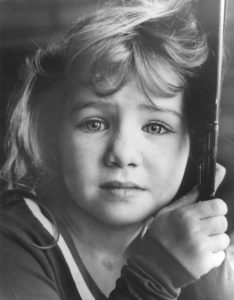 Time passed. I started going to a new church where I was well accepted, as I had been in my previous church. I grew spiritually and was delighted to make friends with a couple of people who showed me more love than I think I’d ever had. I would call it godly love. They became the friends I could best relate to. As a spiritual person who likes discussing faith issues, I found them the absolute best to talk with.
Time passed. I started going to a new church where I was well accepted, as I had been in my previous church. I grew spiritually and was delighted to make friends with a couple of people who showed me more love than I think I’d ever had. I would call it godly love. They became the friends I could best relate to. As a spiritual person who likes discussing faith issues, I found them the absolute best to talk with.
With their encouragement, I started a faith-based support group for people with mental health issues. It drew a large number of participants. Other groups were eventually planted. At the same time, I tried to reduce stigma by raising awareness about mental illness, mostly focusing on the church. I had never been able to have a job and so, all this was a big thing for me. It was the most meaningful work I had ever dreamed of doing.
But I was like a child, eagerly chatting up a storm with my friends—telling them every idea or insight that came into my head. My bipolar disorder caused much emotional pain and I told these fatherly and motherly individuals all about it. How I burdened these kind people!
But I had no idea what I was doing. All I knew was that I was being myself. And I was happy.
For most of my life I was considered a “good” person. Giving to others, especially those living with mental health problems. I was friendly and was usually treated in a friendly manner by others. I don’t remember having been thought of as “bad.”
But in 2015, when my mental health was failing and I had to retire from the support group I had led for nine years, I started to be treated as though I was “bad.” It came as a shock because I had never experienced such an attitude towards me before. I wondered why. What did I do wrong?
That year was to become the most painful of my life and the pain continues.
marja
Leave a Reply